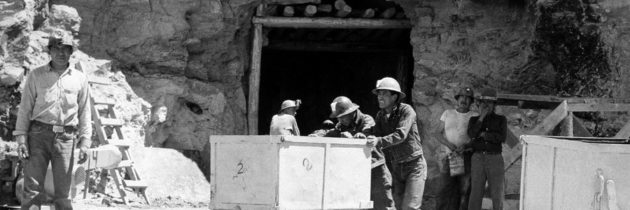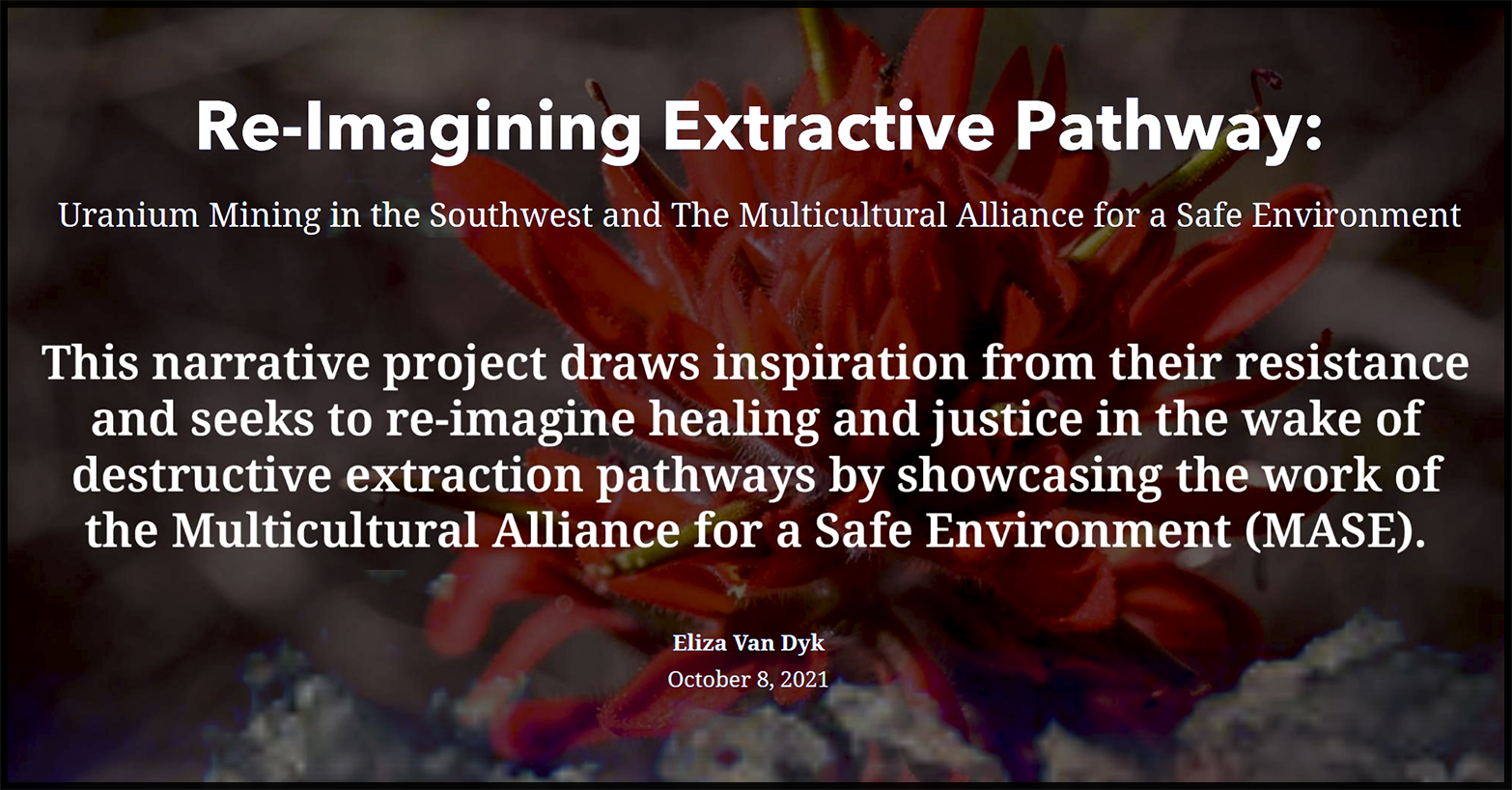Don’t let Radiation Exposure Compensation Act expire
By Susan Gordon, Linda Evers and Larry King
Santa Fe New Mexican July 11, 2021
One year from now will mark the end of the limited compensation available from the Radiation Exposure Compensation Act. Our New Mexico Congressional delegation must lead in continuing and expanding the RECA programs before it sunsets on July 11, 2022.
From 1945-62, the U.S. government conducted hundreds of atmospheric nuclear weapons tests. The very first one took place here in New Mexico. Uranium mining and processing began in many areas, especially in Western states like ours, to fuel the development of the nuclear arsenal. In the process, individuals living near atmospheric testing sites, workers in uranium mining and processing, and military service members were exposed to radiation for many, without their consent.
In 1990, Congress enacted RECA. This piece of legislation provides one-time benefit payments to persons who have likely developed cancer or other specified diseases after exposure to uranium mining, milling or transport, and from radioactive fallout from atomic weapons testing in certain areas of Utah, Nevada and Arizona.
The act was broadened in 2000 to provide compensation for additional uranium workers and unsuspecting civilians who were also exposed to radiation. Uranium workers after 1971 are not eligible for compensation, despite most of the uranium mining production happening after 1971.
Recent research conducted at the University of New Mexico Health Sciences Center suggests there is no differences in exposure and illnesses between the pre-1971 uranium workers and the post-’71 uranium workers. All uranium workers should be compensated for their illnesses due to radiation exposure.
Communities throughout the Western states continue to suffer serious health consequences from the government’s nuclear program, but the RECA program and trust fund will terminate in next year if Congress does not act to extend the legislation.
We call on Sens. Ben Ray Luján and Martin Heinrich to demand extension of RECA and adoption of amendments that will:
- Extend RECA for an additional 23 years (through 2045).
- Increase compensation for all claimants to $150,000.
- Expand eligibility to all uranium workers who were active from 1972-90.
- Expand the geographical eligibility for compensation for exposure to atmospheric atomic testing to cover all of New Mexico, Arizona, Colorado, Idaho, Montana, Nevada and Utah.
- Expand the geographical eligibility to cover persons present in Guam during atmospheric testing in the Pacific and making veterans who participated in the cleanup of Enewetak Atoll eligible for compensation.
While RECA is at risk of going away, these impacts from radiation exposure are not. It is up to our New Mexico representatives and Congress to extend RECA for those already covered and expand it to all of those affected.
Susan Gordon is the coordinator, Multicultural Alliance for a Safe Environment; Larry King is the president, Church Rock Chapter, Navajo Nation; and Linda Evers is president, Post 71 Uranium Workers Committee. Both Larry King and Linda Evers are former uranium workers.






